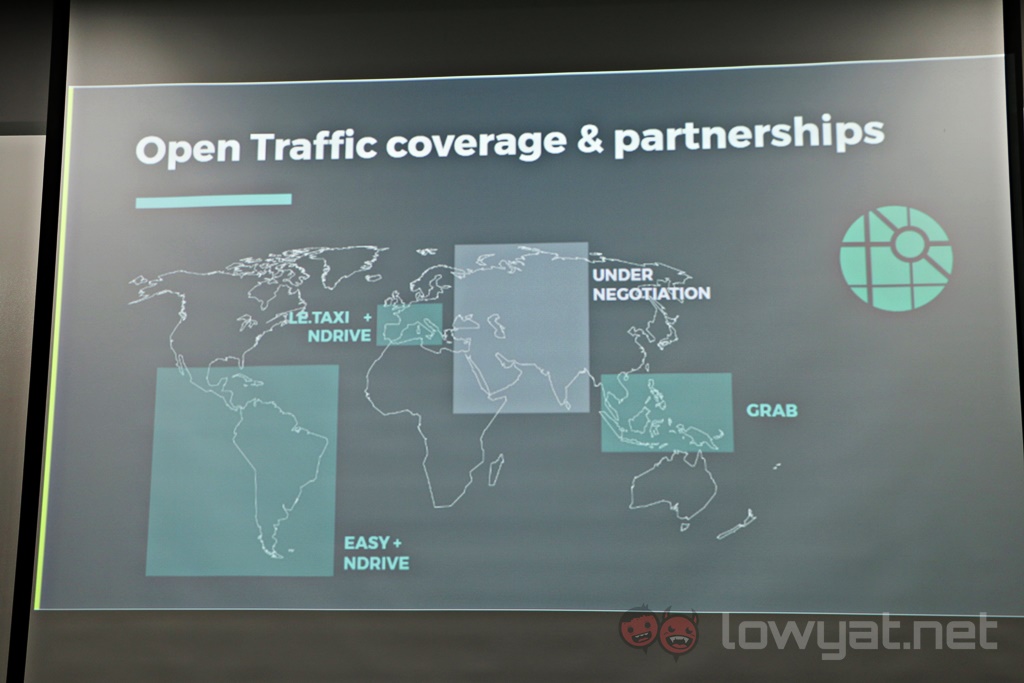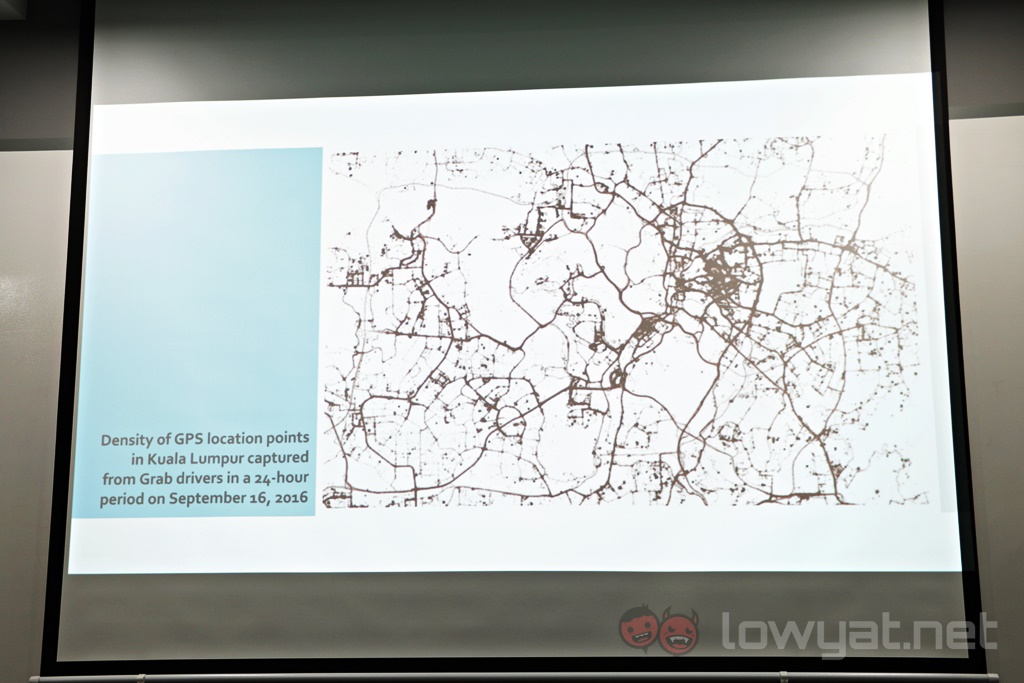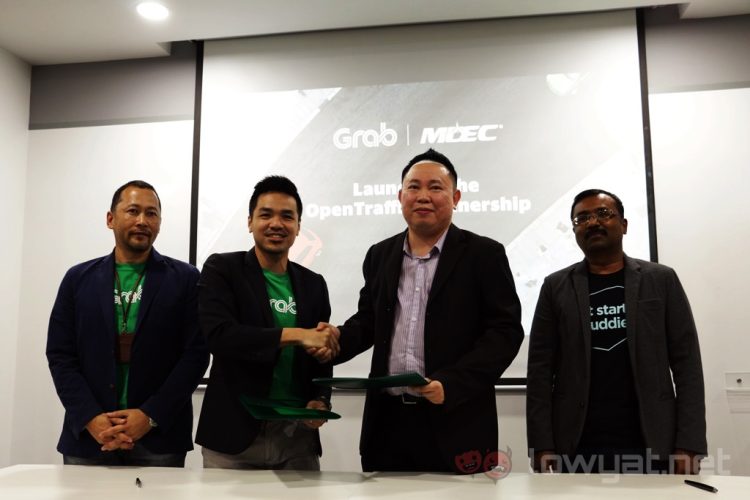Grab and MDEC have officially announced the beginning of the OpenTraffic initiative in Malaysia. The programme is a part of the Open Transport Partnership hosted by the World Bank Group, and aims to provide open sourced traffic data to local governments.
Collecting traffic information is often problematic for governments as it requires a large investment in terms of sensors and maintenance. It has also proven to be less than accurate as traditional methods partially rely on public questionnaires.
Using ride-sharing data not only offers more accurate data, but is also a cheaper system to maintain. Owing to this, the World Bank Group has been working with ride-sharing companies around the world in order to collect traffic data to be shared with governments and researchers. This is divided regionally, and mainly targets countries that have trouble collecting data on their own.
Grab is the World Bank Group’s only partner in the Southeast Asian region. And has already been contributing traffic data in the Philippines since last year.

Ride-sharing provides valuable information as it takes advantage of GPS data from smartphones. This allows a more accurate picture of traffic conditions at all times. The World Bank expects that one in three people will own a smartphone by next year; while Grab has over 700,000 drivers across its network in the SEA region. All this translates into a massive amount of available data.
Data from Grab is uploaded to the OpenTraffic system every six seconds, providing an almost real time picture of what is happening on roads. However, it generally takes much longer for the raw data to be processed into meaningful patterns for analysts to look at.
MDEC is only one of the government bodies that have been trained in accessing the OpenTraffic system. The others include SPAD, JKJR, MAMPU, MIROS, and DBKL. However, the first phase of the project will only be completed in May. A second phase is where the open source information will be presented in a manner accessible by the public.

This OpenTraffic Partnership is the second such agreement to be put into place in Southeast Asia. Grab and the World Bank Group have both worked with the Philippines government to improve traffic conditions; and have already seen results on the island of Cebu.
However, Malaysian commuters shouldn’t expect to see instant improvements once the OpenTraffic data is put into place. It takes more than just knowing where the problem areas are in a city, since the data doesn’t always provide a reason for the traffic problems.


